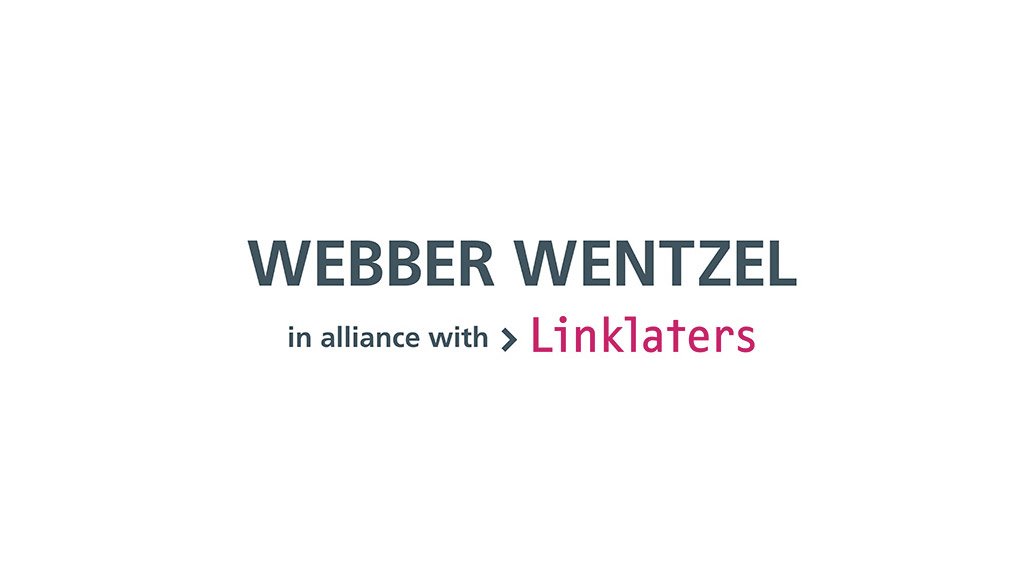There is a developing global trend concerning lawsuits filed against 'big tech' by regulators and consumers over the use of potentially deceptive 'dark patterns'.
'Dark patterns' are manipulative tactics used in user interface designs that manipulate users into making choices preferred by the supplier. Pet owners are especially vulnerable to these tactics as they are prone to making decisions they believe would benefit their pets.
Dark patterns can be categorised according to the following characteristics:
- Asymmetrical, where the user interface design deliberately draws the consumer's attention to or focuses on particular choices or options as opposed to other less lucrative or favourable choices for the designers.
- Covert, where the user interface design distracts the consumer and leads them into making an unintended decision.
- Deceptive, where the user interface encourages false beliefs in consumers through affirmative misstatements, misleading statements or omissions.
- Information hiding, where the user interface is designed in such a manner that it obscures or delays the presentation of necessary or relevant information to consumers.
- Restrictive, where the designs eliminate certain choices that should be available to consumers.
- Disparate treatment which are designs that target and disadvantage certain groups of consumers through differential treatment.
The pet care industry in South Africa has seen a boom in online commercialisation. Consumers in this industry should be wary of deceptive tactics that may be employed by online pet service providers.
One such tactic is the use of designs that induce false beliefs. Providers may make outright false claims or employ designs which create a false impression, leading consumers to make a purchase they might have otherwise not made. A prominent example of this is listing the most expensive pet product or service on the website as "most popular" when the contrary is true. More insidious examples of these types of designs include listing certain products as providing better health benefits for pets when these benefits are non-existent.
Another deceptive tactic is confirm shaming, which is a practice of pressuring consumers into doing something by making them feel guilty for not doing the action. This can be done by using language which suggests that there is a good or bad choice. For instance, providers may ask consumers for an email address in exchange for a discount on their products or services. Consumers are then presented with the option to either disclose their email address or are presented with a negatively phrased option such as "No thanks I hate savings" or in extreme cases, "Don't you care about your pet"?
Subversion of privacy choices or bundled consent is another dark pattern where companies ask consumers to consent to the use of their personal information for multiple purposes through a single consent option. An example of this is the presentation of an "accept all" button on a website when the website asks for your privacy preferences.
Finally, defaulting settings or preselection is a deceptive tactic where companies strategically use default settings to make it difficult for consumers to change settings. This can be seen in pre-selected boxes on a website that may or may not be in the best interest of the consumer. A common example is pre-selecting consent for marketing purposes.
Pet service providers that employ these deceptive tactics may be in disregard of several laws, including consumer protection, advertising and privacy laws. For example, South Africa's primary privacy legislation, the Protection of Personal Information Act (POPIA), requires that personal information be processed on certain lawful grounds, often with the consent of the individual. POPIA requires the consent to be a voluntary, specific and informed expression of will. The practices outlined above can undermine the voluntariness and specificity of consent, as they coerce consumers into making certain decisions. For example, using persuasive language to compel a consumer to provide personal information could be seen as non-voluntary consent
This is even more relevant for those bad actors who preselect certain options or consent on behalf of consumers, particularly when the consent relates to marketing and receiving promotional offers or material.
Moreover, POPIA mandates that personal information be processed for the specific purposes for which it was collected and only in a manner that is adequate, relevant and not excessive. Dark patterns such as 'bundled consent' are often likely to contravene these requirements.
As consumers become increasingly aware of the deceptive dark patterns prevalent in online services, it is crucial for businesses to adopt transparent and ethical practices. By prioritising user autonomy and privacy, and complying with POPIA, businesses can build trust and avoid legal liabilities.
Embracing these principles not only safeguards consumer rights but also fosters a more trustworthy and sustainable digital environment.
Learn how Webber Wentzel's multi-disciplinary pet care business offering can support your pet care business.
Written by Karl Blom, Partner, Prineil Padayachy, Senior Associate, Lesedi Mathumetse, Candidate Attorney & David Donkor, Candidate Attorney at Webber Wentzel
EMAIL THIS ARTICLE SAVE THIS ARTICLE ARTICLE ENQUIRY FEEDBACK
To subscribe email subscriptions@creamermedia.co.za or click here
To advertise email advertising@creamermedia.co.za or click here











